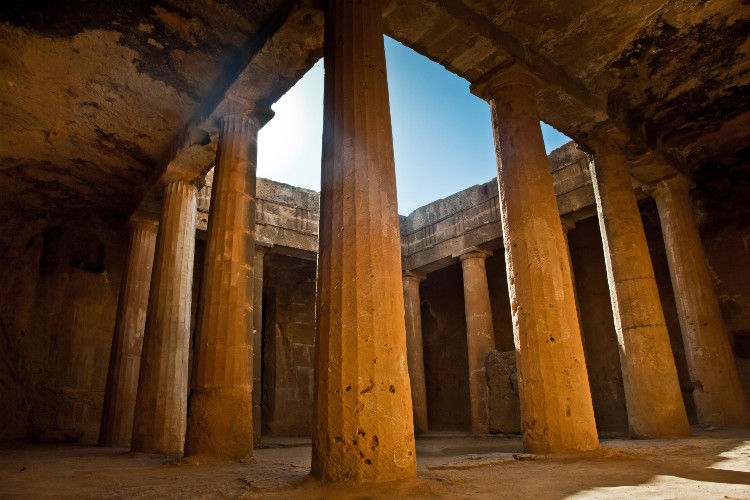xmelissaa
Active member
As with all Greek territories, Cyprus has undergone many changes of power throughout history, starting from the ancient times. The first change of power came with the Phoenicians followed by the Persian empire. After approximately 200 years of Persian occupation, Alexander the Great took control of Cyprus. Cyprus was then a part of the Byzantine empire, as was all of Greece, until it was occupied by the British Empire, and then the Ottoman Empire (as with all of Greece as well). After Greece and Cyprus became independent from Ottoman rule, Cyprus was then again conquered by the British until it became independent in 1960. As you can see, the history is a long list of changes in power, leaving Cyprus with thousands of years of occupation and control. This is an unfortunate truth, but something that is important that we should be aware of.



